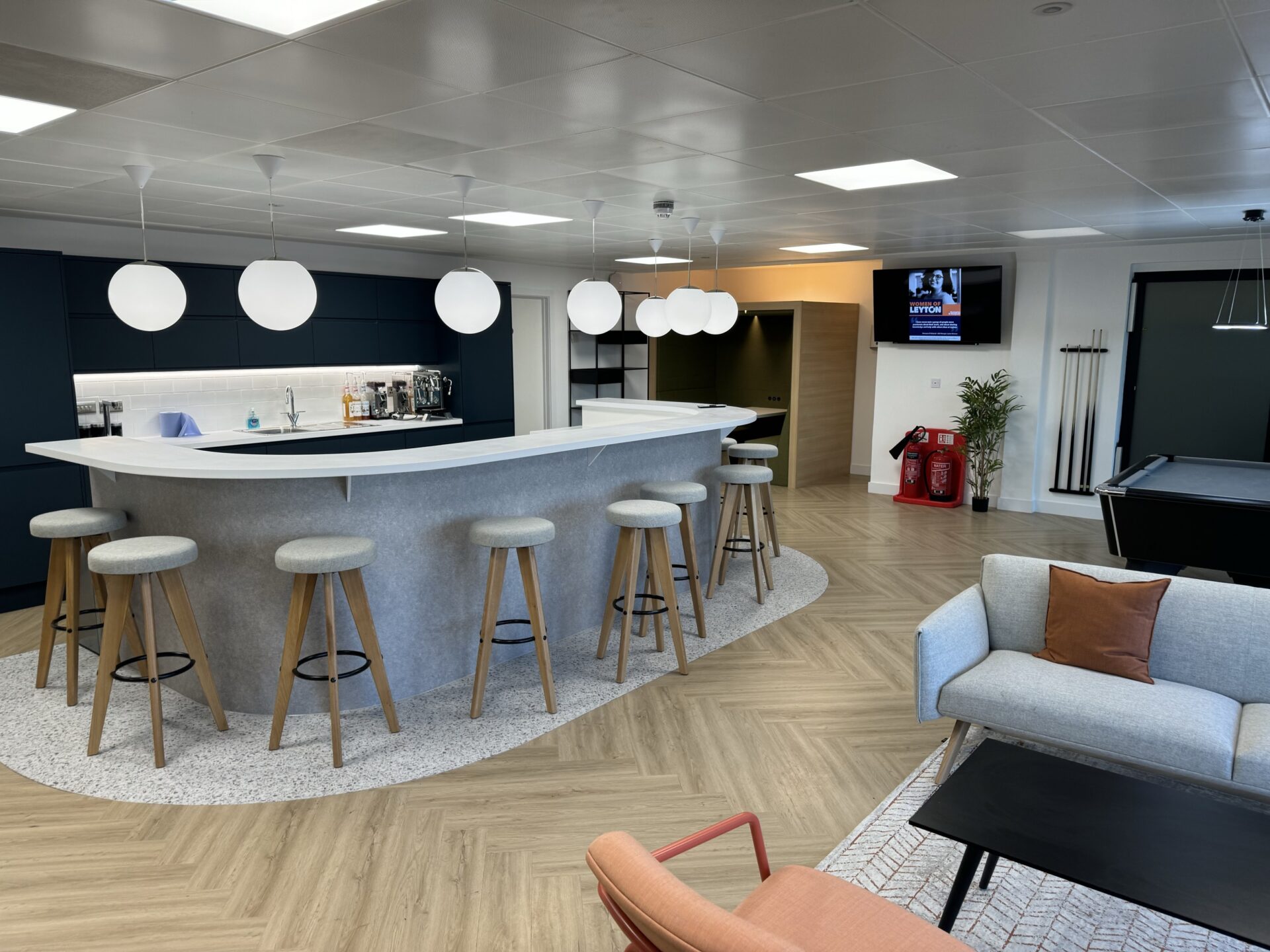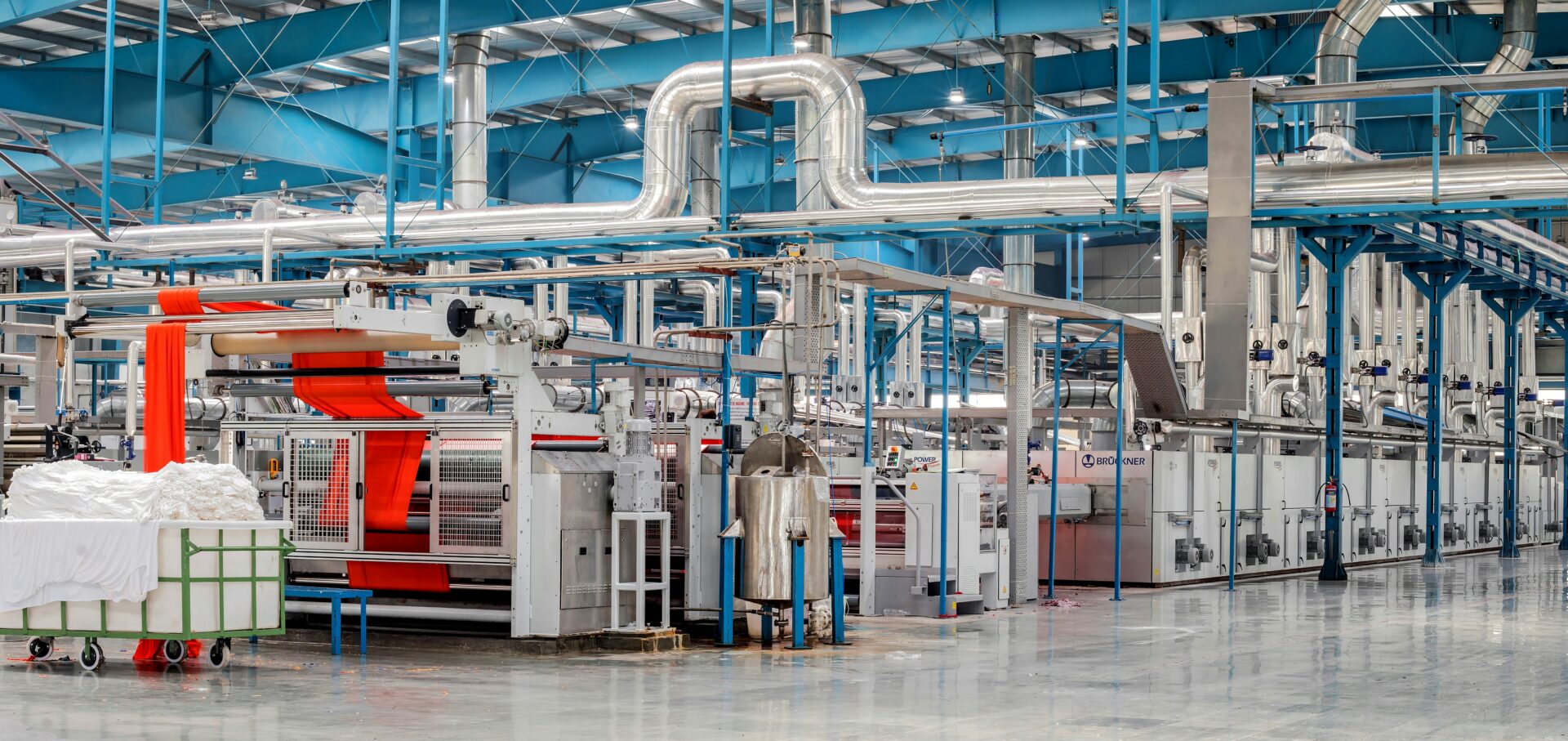Synthetic Biology: market drivers, challenges and R&D oppo...
Synthetic biology (or SynBio) is an exciting intersection of biology and engineering, which promi...

Are you looking at providing your clients with a wider service offering when it comes to Capital Allowance accounting services?
At Leyton, we have a team of Chartered accountants, quantity surveyors, building engineers and various other experts who come together to provide a full Capital Allowance service offering, allowing us to interrogate the details and really maximise claims.
In this article, we explain how we’re able to unlock the potential of Capital Allowances for accountants working on commercial property claims.
Most routine Capital Allowance accounting services will likely focus on common business asset purchases such as computer equipment, motor vehicles and basic plant & machinery – routine expenditure that businesses incur year in and year out.
However, there will always be instances when businesses will undertake larger one-off transactions on commercial properties (e.g., building a new processing facility, renovating a new head office, or acquiring a new commercial property). It’s for significant investments such as these where we’re able to go above and beyond delivering the routine compliance around Capital Allowances, and offer detailed, specialist advice in this niche area of tax. The legislation is constantly evolving hence the importance of specialist advice to ensure that the portion is correct and fully optimised to help reduce a client’s tax burden.
The clear aim of any Capital Allowance Claims is to reduce a business’s tax burden, depending on a business’s profitability or tax profile/history this may be trigger cash repayments or be a deferred benefit realised at a later point in time.
This can free up cash flow but also, by providing clarity and certainty on their Capital Allowance position, our insights can potentially show how a business can reduce their cost of investment, which can incentivise businesses to move forward with their significant commercial property investments, giving them some much-needed comfort and confidence in their decisions.
The chancellor has recently announced that ‘full expensing’ – where companies can claim 100% Capital Allowances on their plant and machinery expenses – has been made permanent. It had been initially set to elapse at the end of March 2026.
This announcement helps to simplify Capital Allowances (to some extent) and provides some level of certainty for businesses. Having said that, there’s been a lot of political turbulence recently, and there’s a general election due before too long, so there’s no guarantee that this measure will stay permanent.
They also announced a welcomed extension to ‘investment zones’ and ‘freeports’, which offer several tax advantages, including enhanced Capital Allowances for plant and machinery and enhanced structures and buildings allowances (SBAs). As well as the extended window for these schemes (from 5 to 10 years), it was also announced that there would be new freeport and investment zones in Wales and Scotland.
Broadly speaking, we can categorise our services into 3 key areas:
We engage with buyers and sellers of commercial property to minimise the tax impact from a Capital Allowances perspective. We do this by working with legal teams, conveyancers and advisors to build simple election clauses into contracts to optimise their Capital Allowance position.
We link in with clients who have just completed or are undergoing property projects to help optimise their Capital Allowances benefit.
This generally involves construction, fit-out works, and refurbishment projects, where we’ll step in during the final stages of these projects (or immediately after their completion within a financial period).
The main challenge here often comes when there’s a limitation on detail, leading to underclaims from a Capital Allowances perspective. However, our familiarity with the legislation, our knowledge of how to interpret the legislation, and our understanding of the spending within the trade context allow us to identify and rectify these underclaims. As an example, we identified an additional £700K of allowances for a client who had just built a new facility – so there can potentially be a huge value-add that we can bring to the table!
We provide historic health checks of client property portfolios to identify areas of hidden value such as missed acquisition claims, underclaims, etc.
This service is particularly beneficial for clients with a portfolio of investment properties or substantial capex additions. We can retrospectively review unclaimed Capital Allowances, (almost regardless of how far back they date). As long as the asset is still owned by the client, and assuming that it was non-qualifying at the time for whatever reason, we can pool it into the relevant category in the most recent open tax computation. Additionally, we offer historic health checks that review previous expenditure. With key information such as tax computations and fixed asset registers, we can identify areas where clients may have underclaimed. This process can potentially lead to substantial benefits for our clients. Our services are designed to bring commercial sense and value to all parties involved.
A client had invested roughly £2 million in the construction of a brand-new manufacturing facility.
We had very little information to work with as, within the fixed asset register (FAR), that £2 million was all incurred within a year, distributed across six-stage payments to the main contractor in the FAR.
The accounting partner initially classified all costs under Structural Building Allowances (SBAs). However, having visited the site, the expenditure included qualifying plant and machinery, which does not fall under SBAs. Furthermore, the rate of relief claimed was only 3%, missing opportunities to access the super deduction, full expensing, Annual Investment Allowance (AIA), and other avenues to accelerate benefits and mitigate the current year’s tax bill.
We were introduced to the situation and set about rectifying it. After meeting the client and understanding the background, we used the limited information available and the context of the projects to perform a site survey. This allowed us to see the assets in situ and understand their use, helping us formulate arguments and create filing positions based on the legislation, case law, and industry best practices to optimise their Capital Allowance position.
With the expertise in our team, we reconstructed the value of the project from the ground up, pricing up elements like electrical installations, lighting, fire alarms, etc. – the qualifying plant and machinery hidden within the main contractor spend. We then allocated a portion of the true spend that was incurred against this reconstructed cost.
We were therefore able to identify in excess of £800K as qualifying for plant and machinery, with some expenditure being relieved under the 130% super deduction allowance. This resulted in first-year cash tax savings of circa £160k versus £11K which had been identified previously.
This is a fairly common scenario we help our accounting partners overcome.
Our client had spent £10 million on acquiring a portfolio of properties over a number of years, and for the properties they still own we were able to revisit their purchase and make a claim for allowances (where available) in the current open tax return.
With limited information available we were able to use our joint surveying and tax experience to establish that allowances were available on around 50% of the properties. We then ensured our claims were fully compliant in line with HMRC practice and that evidence was available to support the claim.
We identified £500K of qualifying plant and machinery allowances which increased our clients tax savings by £125K. Depending on the type of property, the value of Capital Allowances can be worth as much as 30% of the property’s purchase price which can lead to substantial tax relief.
After contracts are signed, we’ll prepare claims that will deliver cash tax savings. A breakdown of our process is below:
The claim preparation process for Capital Allowances begins with scoping out the project by speaking to the prospective client to understand the background of their work. At this stage we’ll also ask for further information necessary for evaluating the potential of a claim.
We do this to gain an in-depth understanding of the client’s trade and project, which will help us to determine the viability of a claim.
Following a successful scoping stage, we’ll initiate the kick-off and due diligence phase. This step is crucial as it helps confirm the scope and establish entitlement to claim.
We will pre-identify potentially eligible expenditures while also assessing the potential benefits for the client. Based on the information we receive, we’ll conduct a first draft analysis, which includes any follow-up questions and broad-brush assumptions based on our initial discussions.
Next, we’ll conduct a site visit. This is a key part of the process as it allows us to survey the asset and better understand the context of the capital expenditure. It also provides an opportunity to collect supporting evidence for the claim file (for example, photographs). Site visits also give us a tangible sense of the assets within the business and help us to resolve any outstanding queries.
After we’ve completed the site visit, we’ll move on to detailed analysis and reporting. During this stage, we’ll review and identify qualifying expenditure. We will compile a tax report comprising both technical and financial information relevant to the claim and, following an internal quality control check, we’ll sign off on the report and submit it to the client. This formal report integrates insights from the site visit with our detailed analysis.
The final stage of the claim preparation process is filing support. We’ll assist the client with information related to filing the claim and provide support for any relevant post-filing requests from HMRC. It’s the client’s accountant that completes, amends, and files the tax computation and return. This stage ensures that the claim is filed correctly and that all necessary support is provided should HMRC have any follow-up requests.
Our experts can help unlock the potential of Capital Allowances in commercial properties.
They’ll conduct on-site surveys to optimise the Capital Allowances available to help identify any hidden assets not easily identified in the cost information.
After this, they’ll provide an upfront estimate of the benefit available to assess the cost versus benefit. We also have market experts to talk you or your client through any technical questions from a tax accounting or surveying perspective.
Get in touch today to find out how we can assist in optimising your clients’ Capital Allowance claims.
Explore our latest insights

Synthetic biology (or SynBio) is an exciting intersection of biology and engineering, which promi...

Even in the best of circumstances, we know that it can be challenging to balance a successful car...

Small and Medium-sized enterprises (SMEs)are the lifeblood of innovation in the UK. We’ve dived i...

Full expensing is a first-year allowance that allows businesses to reduce their tax liability and...